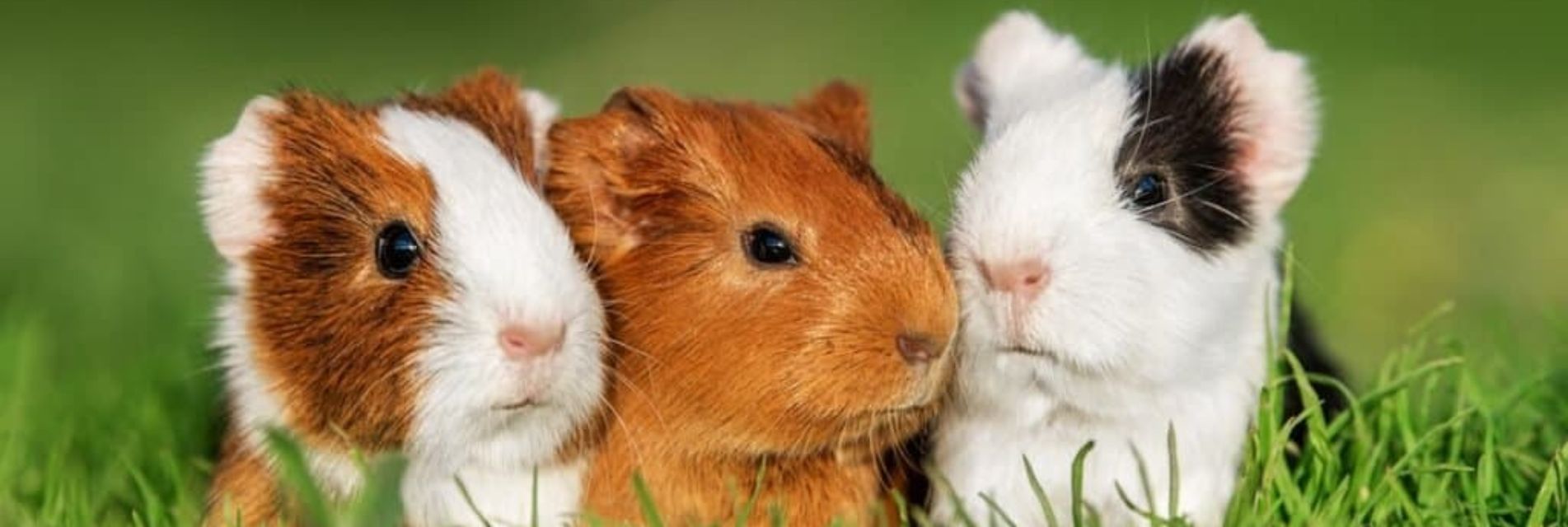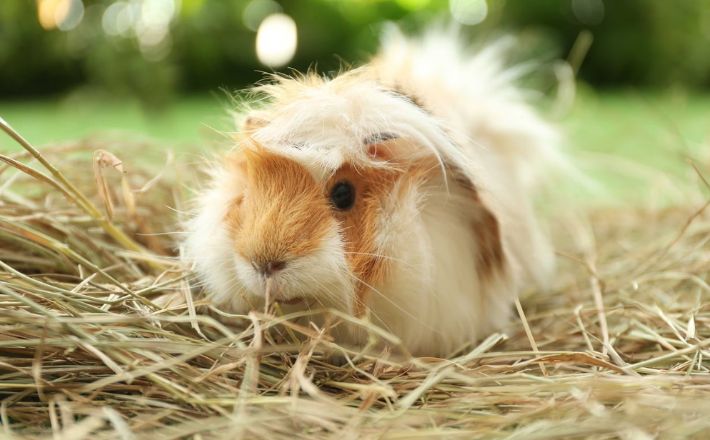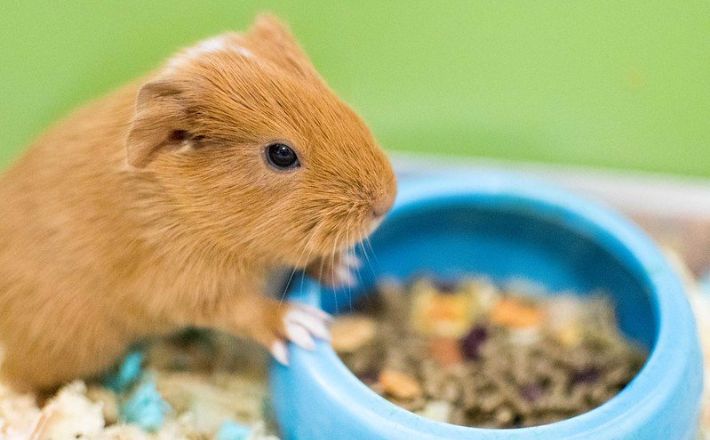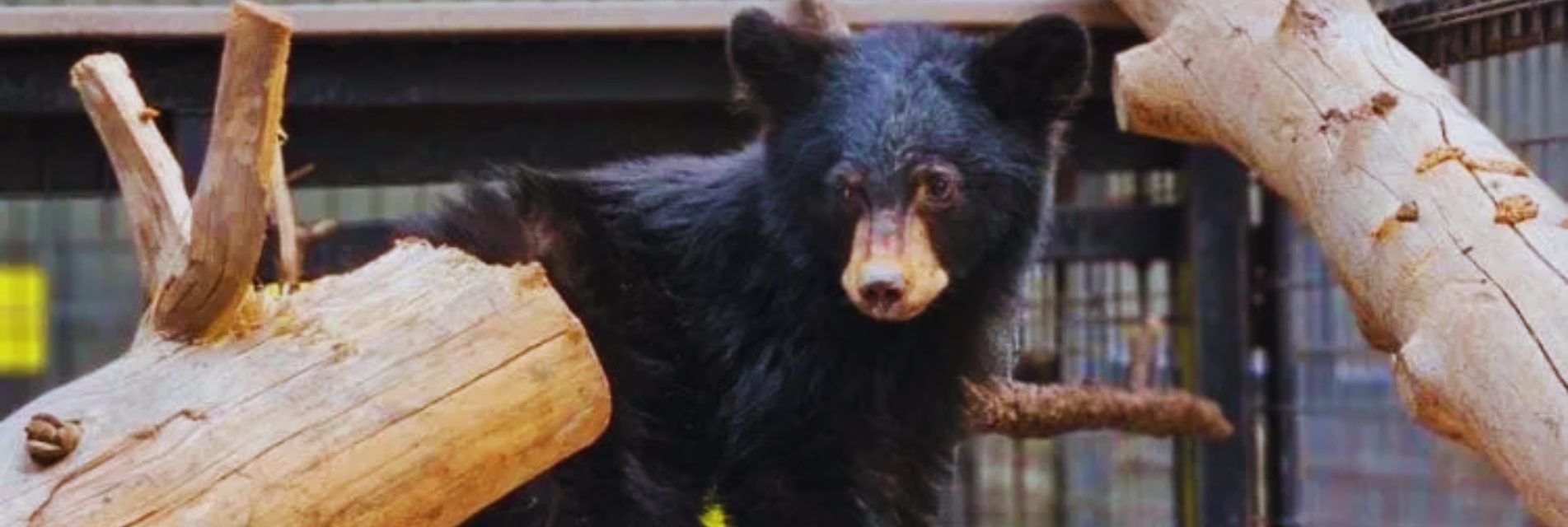Beginner’s Guide to Guinea Pigs: Finding the Best Hay for Your Furry Friends


If you’re a new pet owner, there’s a good chance you’ve considered bringing a guinea pig into your home. These small, sociable rodents make wonderful companions and can be a great addition to your family. However, like any pet, guinea pigs require proper care and attention to ensure they live happy, healthy lives. One of the key aspects of their well-being is their diet, and choosing the best hay for guinea pigs is a crucial part of this. In this beginner’s guide to guinea pigs, we’ll explore the importance of hay in their diet and help you make the best choices for your furry friends.
The Significance of Hay in a Guinea Pig’s Diet
Hay is the cornerstone of a guinea pig’s diet. These small herbivores rely on hay to maintain their dental health, digestive system, and overall well-being.

Here are some key reasons why hay is so essential for guinea pigs:
Dental Health
Guinea pigs have continuously growing teeth, which means they need to chew constantly to prevent their teeth from overgrowing. Hay is the perfect solution to this problem. Chewing hay helps wear down their teeth, preventing dental issues that can be painful and costly to treat.
Digestive Health
Hay is high in fiber, which is vital for guinea pig digestion. Fiber helps maintain healthy gut motility, preventing gastrointestinal problems. A diet rich in hay can reduce the risk of issues like constipation and bloat.
Mental Stimulation
In addition to its nutritional benefits, hay provides mental stimulation for guinea pigs. These curious animals love to explore and forage, and hay provides them with the opportunity to do just that. It also prevents boredom and encourages natural behaviors, keeping your pets happy and active.
Now that we understand why hay is so crucial, let’s explore the different types of hay available and which one is the best for your guinea pigs.
Types of Hay for Guinea Pigs
When it comes to choosing the right hay for your guinea pigs, you’ll encounter several options. Each type of hay has its unique characteristics and nutritional profile, so it’s important to choose the one that best suits your pets. Here are some common types of hay for guinea pigs:
1. Timothy Hay
Timothy hay is a top choice for guinea pig owners. It is high in fiber and low in calcium, making it an excellent option for adult guinea pigs. The long, coarse strands of Timothy hay encourage natural chewing behavior and help maintain dental health. This hay comes in three main cuts: 1st, 2nd, and 3rd cut. The first cut is coarser, while the third cut is the softest and most tender. Many guinea pig owners offer a mix of these cuts to provide variety.
2. Orchard Grass Hay
Orchard grass hay is another well-known option for guinea pigs. It is similar to Timothy hay in terms of nutritional content and fiber, but some guinea pigs prefer the texture and taste of the orchard grass hay. Offering both Timothy and orchard grass hay can be a great way to keep your pets engaged and satisfied.
3. Meadow Hay
Meadow hay is a mix of various plants and grasses typically spotted in naturally-growing meadows. It provides variety in taste and texture, making it a good choice for picky eaters. While it may not be as consistent in terms of nutritional content as Timothy or orchard grass hay, it’s still a valuable addition to your guinea pigs’ diet.
4. Bermuda Grass Hay
Bermuda grass hay is another option for guinea pigs, known for its fine texture and sweet taste. It has calcium and rich in fiber, making it ideal for any adult guinea pig. Some guinea pig owners use Bermuda grass hay as a primary hay source, while others mix it with other types for variety.
5. Alfalfa Hay
Alfalfa hay is different from the other options mentioned above. It is high in calcium and protein, making it more suitable for young guinea pigs or lactating and pregant sows. Adult guinea pigs should only consume small amounts of alfalfa hay due to its high calcium content, as excess calcium can lead to urinary issues.
Selecting the Best Hay for Your Guinea Pigs
Choosing the best hay for your guinea pigs depends on their age and specific dietary needs. Here are some guidelines to help you make the right choice:
1. For Adult Guinea Pigs:
Timothy Hay: This should be the primary hay source for adult guinea pigs. Offer 1st, 2nd, and 3rd cut Timothy hay to provide variety and encourage natural chewing behavior.
2. Orchard Grass Hay:
You can supplement their diet with orchard grass hay for variety.
3. Meadow Hay:
Introduce meadow hay occasionally to add a diverse mix of textures and flavors to their diet.
4. Bermuda Grass Hay:
If your guinea pigs enjoy it, you can include Bermuda grass hay as part of their diet.
5. Limit Alfalfa Hay:
Avoid giving adult guinea pigs too much alfalfa hay due to its high calcium content. Reserve it for young, growing guinea pigs and pregnant or lactating sows.
For Young Guinea Pigs:

1. Alfalfa Hay: Young, growing guinea pigs need the extra nutrients in alfalfa hay, so it can be their primary hay source until they reach adulthood.
For Pregnant or Lactating Sows:
2. Alfalfa Hay: Provide pregnant or lactating sows with alfalfa hay to support their increased nutritional requirements.
3. Avoid Commercial Pellets:
It’s important to note that commercial guinea pig pellets are often not a substitute for hay. While they may contain some nutrients, they lack the dental and digestive benefits of hay. Pellets should be a supplementary part of your guinea pigs’ diet.
Quality Matters
When selecting hay for your guinea pigs, it’s crucial to consider the quality. Look for fresh, green hay that is free from mold, dust, and foreign objects. You can often find high-quality hay at pet stores, but it’s also worth exploring local farms or online suppliers that specialize in small animal feed.
To ensure freshness and quality, store your guinea pigs’ hay in a cool, dry place, away from direct sunlight. Keep it in a well-ventilated container to prevent moisture buildup, which can lead to mold.
How Much Hay Do Guinea Pigs Need?
Guinea pigs should have access to hay at all times. They should consume a significant portion of their diet from hay, so make sure to provide fresh hay daily. On average, a grown-up guinea pig can actually eat approximately 1/4 to 1/2 cup of hay every 24 hours. Young guinea pigs and lactating or pregnant sows may eat more.
Essential Components of Guinea Pig Diets
As a new guinea pig owner, understanding the dietary needs of your furry friends is essential for their well-being. The best hay for guinea pigs, such as Timothy hay, orchard grass hay, meadow hay, Bermuda grass hay, or alfalfa hay, depends on their age and specific dietary requirements. By providing the right hay and ensuring its quality, you’ll contribute to the overall health, happiness, and longevity of your guinea pigs.
Remember that while hay is a critical component of their diet, it should be complemented with fresh water, fresh vegetables, and a minimal amount of high-quality guinea pig pellets. With the right diet and proper care, you can enjoy many joyful years with your guinea pig companions. So, embrace your role as a responsible pet owner and provide your guinea pigs with the best hay and care they deserve.
Recommended Reading..








Leave A Comment